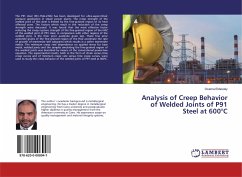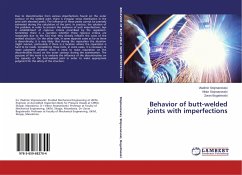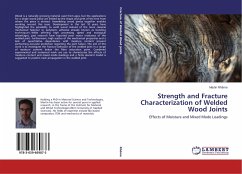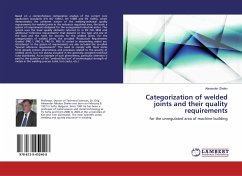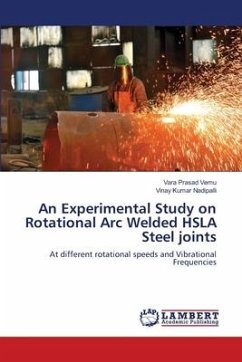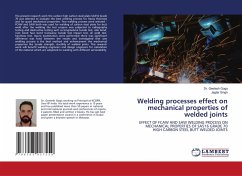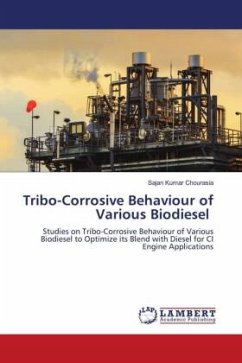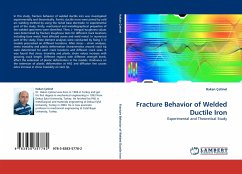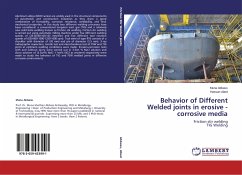
Behavior of Different Welded joints in erosive - corrosive media
Friction stir welding TIG Welding
Versandkostenfrei!
Versandfertig in 6-10 Tagen
36,99 €
inkl. MwSt.

PAYBACK Punkte
18 °P sammeln!
Aluminum alloys (6XXX series) are widely used in the structural components of automotive and construction industries as they show a good combination of formability, corrosion resistance, weldability, and final mechanical properties. In this study two different welding processes have been considered: a conventional tungsten inert gas (TIG) and a relatively new solid state welding known as friction stir welding. Friction stir welding is carried out using automatic milling machine under five different welding speeds of (25-50-80-100-125 mm/min) and five different tool rotation speeds of (630-800-...
Aluminum alloys (6XXX series) are widely used in the structural components of automotive and construction industries as they show a good combination of formability, corrosion resistance, weldability, and final mechanical properties. In this study two different welding processes have been considered: a conventional tungsten inert gas (TIG) and a relatively new solid state welding known as friction stir welding. Friction stir welding is carried out using automatic milling machine under five different welding speeds of (25-50-80-100-125 mm/min) and five different tool rotation speeds of (630-800-1000-1250-1600 rpm). Tool steel of type R18 consists of a shoulder with diameter of (20 mm) and pin of diameter (5.5 mm). X-ray radiographic inspection, tensile test and microhardness test of FSW and TIG joints at optimum welding conditions were made. Erosion-corrosion tests with and without slurry were carried out in 3.5wt % NaCl solution and slurry solution of (3.5wt% NaCl +1wt% SiO2 as erodent) respectively were made to study the behavior of TIG and FSW welded joints in different corrosive environments.



